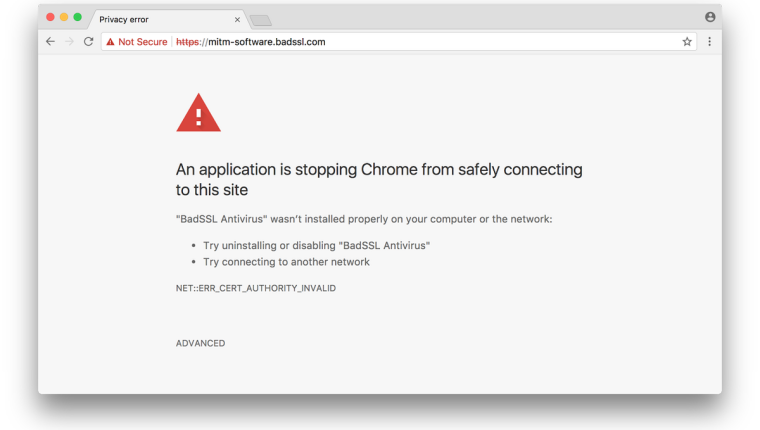Google has finally launched bug bounty program for Google Play Store, inviting bug hunters and security researchers to find and report vulnerabilities.
Google has collaborated with bug bounty platform, HackerOne in which they have set up "Google Play Security Reward", the bug bounty programs offers bug hunters and security researchers to find and fix vulnerabilities in their apps for which Google will be paying $1000 in rewards.
How does it work?
For more details about Google Play Security Reward Program, visit HackerOne.
More Articles Related:
Google Play Store Launches Bug Bounty Program to Protect Popular Android Apps
Google launched Google Play Security Reward bug bounty program to protect apps in Play Store
Google has collaborated with bug bounty platform, HackerOne in which they have set up "Google Play Security Reward", the bug bounty programs offers bug hunters and security researchers to find and fix vulnerabilities in their apps for which Google will be paying $1000 in rewards.
- Hacker identifies the vulnerability in an in-scope app and reports it directly to the app’s developer via their current vulnerability disclosure process.
- App developer works with the hacker to resolve the vulnerability.
- Once the vulnerability has been resolved, the hacker requests a reward from the Google Play Security Reward Program.
- Android Security team issues an additional reward to the hacker to thank them for improving security within the Google Play ecosystem.
For more details about Google Play Security Reward Program, visit HackerOne.
More Articles Related:
Google Play Store Launches Bug Bounty Program to Protect Popular Android Apps
Google launched Google Play Security Reward bug bounty program to protect apps in Play Store







